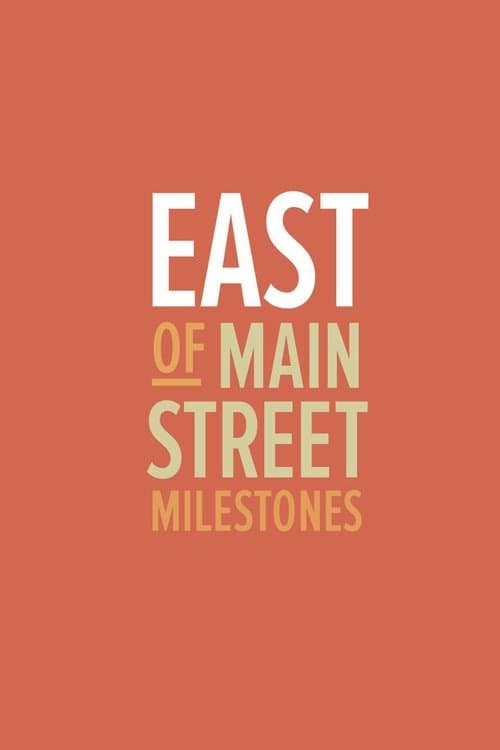The Wrath of a God
Nov 10 1988
•2h 48m
•Drama
On the beach lies the body of Claudio O'Riley, heir to a monopoly shrimp, and his voice recounts his rise to power: the incestuous relationship with his sister, the degrading treatment to their partners and so on.
Cast
See all
Humberto Zurita
Claudio O´Riley

Assumpta Serna

José Carlos Ruiz

Manuel Ojeda
Recommendations
See all
The Queen of the Night
The legendary life of Mexican singer Lucha Reyes is the basis of this fictionalized biography ( or as director Arturo Ripstein puts it "an imaginary biography"). Lucha Reyes was an unconventional, and sexually liberated woman, most famous for her "cancion ranchera" style singing. Her story begins in 1939, where at 33 she still lived at home with her mother, Dona Victora, the madame of a renowned Mexico City whorehouse. Lucha marries the liberal Pedro Calderon and then buys a beggar's daughter. She becomes the mother to this child, Luzma. Lucha craves lasting love like junkies crave heroin. But for her loyal daughter, she never finds it and in the end no one can help her.

La Main de Fadma
Fadma is an active Moroccan woman, a mother who, after the death of her husband, raised her two children alone: Ahmed is her pride and joy, having succeeded in France, and Karim is the eccentric artist who still lives with her. Sensing danger around her son Ahmed, she decides to visit him in France. And it's here that she discovers the problem of her granddaughter Julie-Aïcha, a teenager in search of her identity. Fadma and Julie-Aïcha discover a new shared passion.

East of Main Street: Milestones
The Venice Hongwanji Buddhist Temple had an opportunity to take part in an episode of East of Main Street, an HBO documentary series that has been produced for the past three years to celebrate Asian Pacific American Heritage Month. This year’s episode, Milestones, focuses on how different groups of Asian Americans mark the milestones throughout their lives.

Terrorists in Retirement
Not just another documentary on the French resistance movement, this film focuses on one particular group of underground fighters in France: those from Eastern Europe. Many were Jews and all had fled their native countries before the war broke out. They were among the most staunch and fearless enemies of fascism, as shown here in personal interviews and memoirs of war-time experiences. But the most famous of these immigrants were 23 who were rounded up among several hundred Parisians in 1943, tried for their activities, and executed -- all were immigrants under the leadership of the Armenian poet Manouchian. After their execution, Paris was papered with posters decrying these 23 martyrs as "foreign communists."